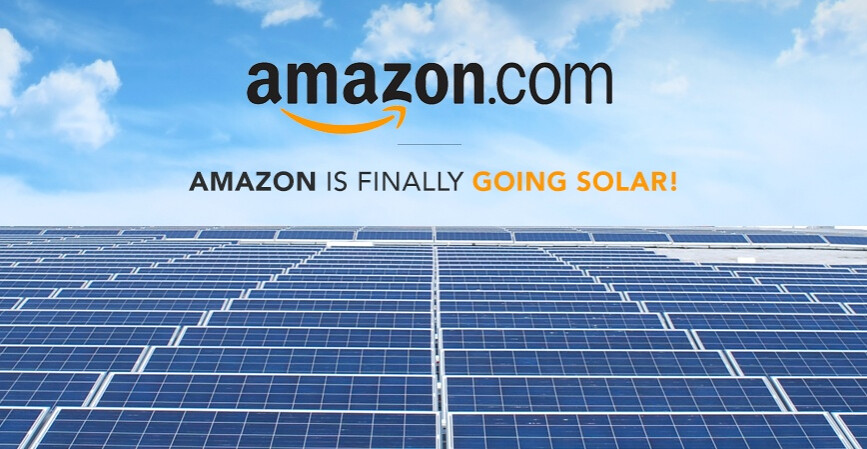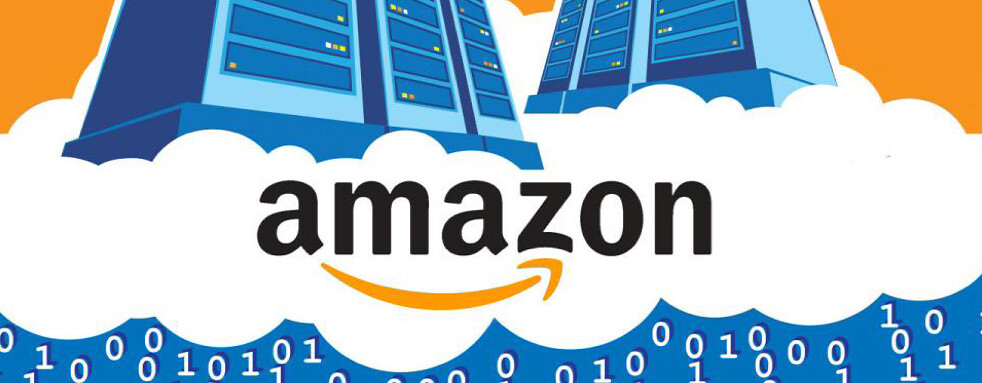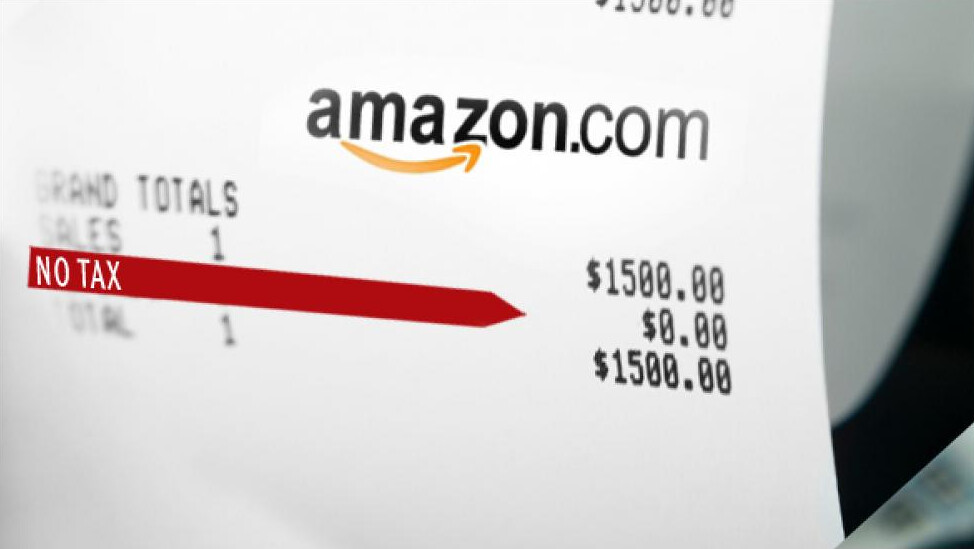Source: Pick My Solar
There are two major avenues by which to promote large scale change in societies. The first is through government action. While the second is through private sector investment. At any given moment in time, advances in technology are driven by either one. One (i.e. government) will drive change followed by the private sector once the confidence in the market has been established. Or the private sector is driving change which then encourages the government to jump on board through establishing the same bar of confidence in the market. Does this work for the transition toward renewable energy? Yes.
In the present situation, the government (i.e. Trump Administration) is unwilling to promote renewable energy -- to deal with the growing concern about climate change. Therefore, the private sector is being charged through consumer demand to transition toward a renewable, more sustainable, society. This includes the manufacturing/supply chain too. Amazon announced recently that 50% of all shipments will be made by carbon neutral sources on its blog site:
Amazon has a history of commitment to sustainability, through innovative programs such as Frustration Free Packaging, Ship in Own Container, our network of solar and wind farms, solar on our fulfillment center rooftops, investments in the circular economy with the Closed Loop Fund, and numerous other initiatives happening every day by teams across Amazon. In operations alone, we have over 200 scientists, engineers, and product designers dedicated exclusively to inventing new ways to leverage our scale for the good of customers and the planet.Amazon has a long-term goal to power our global infrastructure using 100% renewable energy, and we are making solid progress. With improvements in electric vehicles, aviation bio fuels, reusable packaging, and renewable energy, for the first time we can now see a path to net zero carbon delivery of shipments to customers, and we are setting an ambitious goal for ourselves to reach 50% of all Amazon shipments with net zero carbon by 2030. We are calling this project "Shipment Zero” – it won’t be easy to achieve this goal, but it’s worth being focused and stubborn on this vision and we’re committed to seeing it through.
Amazon is in a perfect position to implement this change. First, Jeff Bezos has built this company up to a fortune (now worth $255 billion). Second, he started the company out of his garage -- sending off packages in bulk (at the end of every day) to customers. He has been thinking about sustainability for quite a while. Also, the public is in a position to demand change on the part of corporations through purchasing power.
Currently, the transition toward renewable (sustainable, clean) energy is being driven by the private sector. Which is a result of consumer demand. Consumers are tired of corporations choosing cost-saving measures which potentially damage the environment while boosting their shareholders bottom line. The time has come where consumers have taken control through social media to demand more environmentally friendly (sustainable) products.
Here in America, we look toward our European consumers and notice that the same corporations are making changes for the European marketplace based on consumer demand. Why should we be using unsafe/unhealthy second rate products? When our European counterparts are forcing companies to make changes? This revelation is nothing new. Look at the ingredients which McDonald's uses overseas to replace unhealthy ingredients which are still infused in Americans meals. More will be written about this later.
The point is that the private sector has the unique opportunity to lead the transition toward a future where renewable energy plays a dominant role in our society (and world). Government is slowly catching on. With the recent 3 hearings in Congress over the last month with a bipartisan admission that climate change is not only real but caused by us (humans), the change is on the horizon. The private sector should be confident in trail-blazing the pathway forward. Trust me. Consumers will remember your lead. Keep up the great work private corporations in not only taking ownership for the pollution, but transitioning toward cleaner - renewable energy.
Related Blog Posts:
Los Angeles Finally Joins the Transition Away From Fossil Fuel Investment
John Dingell: Longest Serving Senator, Environmentalist and Avid Climate Change Supporter Dies At 92
Parameters: Germany Plans To Cut Coal Dependence By 2038
Parameters: Amazon Go Will Seek To Understand How You Feel About A Grocery Product?
Ralph Nader: An Open Letter to Jeff Bezos, CEO of Amazon
What was the last book you read?
How many trash carts can be filled with 80 billion pounds of trash?


